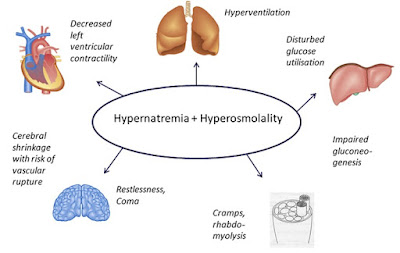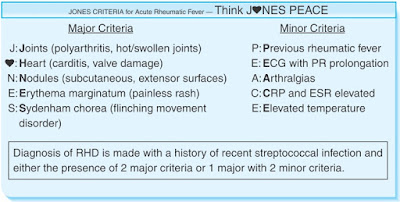Consequences of Hypernatremia
Hypernatremia and the resulting hyperosmolar state impact various bodily functions. One well-known consequence is its influence on neurological function. The occurrence of hypernatremia and subsequent hyperosmolality triggers a movement of free water from within cells to the extracellular space. This shift results in the shrinkage of brain cells, potentially leading to vascular rupture and persistent neurological impairments in severe cases. Cerebral demyelination, a feared complication in addressing hyponatremia, has also been observed in hypernatremia cases of diverse origins. Individuals with end-stage liver disease who develop hypernatremia appear particularly susceptible to cerebral demyelination.
Neuromuscular effects include manifestations such as muscle weakness or cramps. In infants, hypernatremia has been linked to restlessness, lethargy, hyperpnea, and even coma. There is speculation that the neurological impairment caused by hypernatremia may contribute to prolonged mechanical ventilation.
In vitro studies have demonstrated that inducing hyperosmolality hampers glucose utilization and glucagon-dependent glucose release. Healthy volunteers have shown that a slight increase in serum osmolality from 280 to 302 mosm/kg is associated with a significant impairment of insulin-mediated glucose metabolism. This suggests a potential contribution to the development of hyperglycemia in critically ill patients. The cellular shrinkage induced by hyperosmolality has been shown to have catabolic and antiproliferative effects. In animal models, hyperosmolality induced proinflammatory cytokine responses. Hypernatremia has also been found to impair hepatic gluconeogenesis and lactate clearance. Hospitalized patients with diabetes mellitus exhibiting hyperosmolality have demonstrated an increased risk of venous thromboembolism. Reports indicate that hypernatremia can impair cardiac function by decreasing left ventricular contractility.
Furthermore, severe hypernatremia has been associated with rhabdomyolysis and subsequent acute renal failure. It's essential to note that the severity of symptoms in hypernatremia depends significantly on the speed at which it develops, whether acute or chronic.


